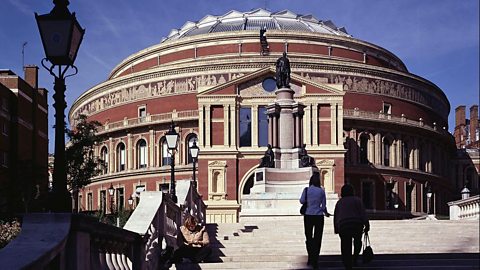It couldnât be more sedate. A plush seat in the Albert Hall, in your best going-out clothes, preparing for an evening of the finest quality classical music.
Thatâs one way of looking at the Proms. Or, youâre getting ready for one of the oldest punk concerts on the planet. Weâre not talking safety pins here (although they were around when the concert series began in 1895) but there was a time when the music considered traditional today was new, radical and getting sniffy reviews from the more traditional critics. Read on and youâll find out why classical music had certain members of the public in palpitations a lot earlier than The Clash ever did.
Rite or riot?
History has it that the most uproarious classical performance of all time happened on 29 May 1913 in Paris. It was the premiere performance of Russian composer Igor Stravinskyâs The Rite of Spring. While the music itself may have been challenging - Stravinksy is often cited as one of the most diverse composers of the 20th century - it was more the inclusion of choreography involving his compatriot, ballet star Vaslav Nijinsky, which had the crowd on pins before even a note was played.
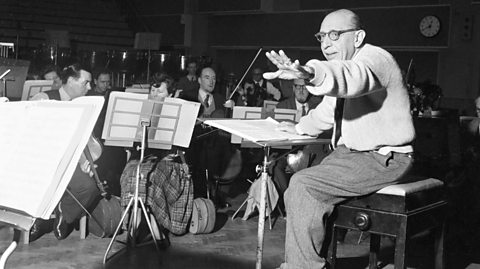
Nijinskyâs choreography at the premiere of a ballet by Claude Debussy, called Jeux, had not been well received, with audiences indifferent to the movements on display, so the knives were, metaphorically at least, out for him on an evening which came hot on that alleged disappointmentâs heels.
Reports differ on what really happened on the first night of The Rite of Spring but some witnesses alleged fighting in the audience, missiles hurled at the stage where the dancers performed and even one person being challenged to a duel.
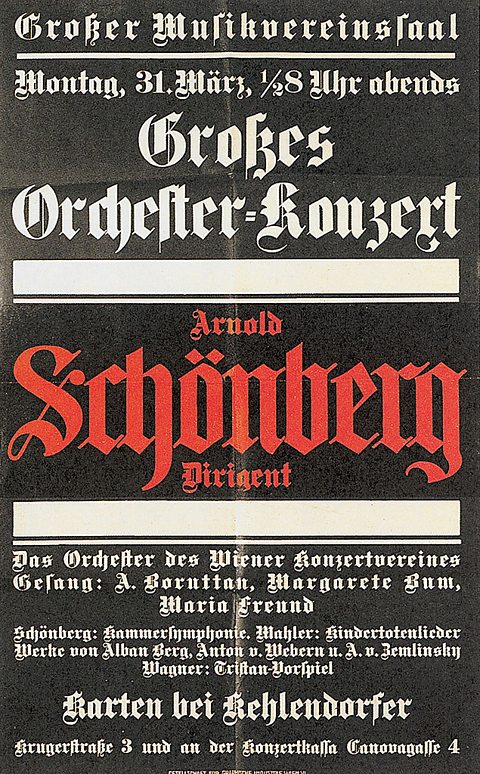
The 1913 classical uproars
The reaction received by The Rite of Spring was not exclusive to Stravinsky. There were other concerts in 1913 which had similar violent responses, as Professor David Horne, head of the graduate school at Manchesterâs Royal Northern College of Music, explained: âThe uproar at the Rite of Springâs first performance in 1913 has been well documented, but there was another concert in the same year in Vienna which similarly provoked outrage. Indeed, a fight broke out requiring the police to be called and audience members were injured!
âThis concert became known as the Skandalkonzert, featuring performance of work by experimental composers of the time such as Schoenberg, Webern and Berg. Their music has been very influential throughout the 20th century and beyond, but some of their music can still present challenges to audiences, given its originality.â
It was during the performance of a Berg composition that the audience began the Skandalkonzert riot, a court heard later, which led to event organiser Erhard Buschbeck throwing a punch. Eyewitness and composer Oscar Strauss described said punch as the most harmonious sound in the entire concert. There may have been riots at punk and new wave gigs in the 1970s, but their classical predecessors had endured the same more than 60 years earlier.

Your mum wouldn't approve of Beethoven
But the idea of classical music being too challenging for the uninitiated goes back a lot further than 1913. It stretched to the 18th century and the work of Ludwig van Beethoven himself.
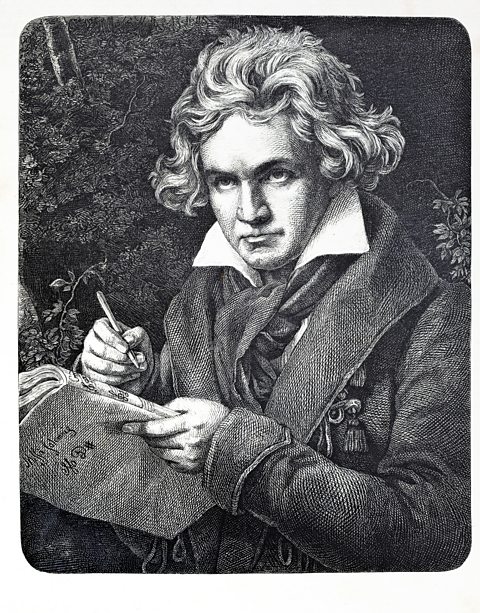
Professor Horne said: âBeethoven is one of the first composers that we think of when we consider music that was intended to be challenging, in Beethovenâs case often both for the performer and the audience.
âIndeed, even the subsequent generation of composers, for example, Schumann and Chopin, found some of his later music difficult. While in the 19th century we do not experience much music that was notable for creating initial audience uproars, there are often very divided opinions, often on aesthetic grounds. Lisztâs B Minor Piano Sonata is one of the most popular large-scale piano works from the 19th century, yet one critic wrote at the time that âwhoever has heard that, and finds it beautiful, is beyond helpâ. Modern audiences would find that reaction very puzzling.â

Challenging the norms
Ground-breaking didnât always mean unpopular. Hector Berliozâs Symphonie Fantastique, composed in 1830 and inspired by the writerâs obsessive love for the actress Harriet Smithson, is seen as one of the first ever compositions with psychedelic overtones. However, its uniqueness was largely embraced by crowds and critics from its earliest performances.
Others were not so lucky. Professor Horne continued: âTwo of the most frequently performed and best-loved operas, Bizetâs Carmen and Pucciniâs Madama Butterfly had famously dreadful audience reception when they were first performed.â
But whereas certain compositions surprised and shocked audiences, there were some composers who were celebrated for constantly bringing something new to the table, to the extent that people began to expect it of them.
Loving the noise
Professor Horne, who is also a composer and had his work performed at the Proms in 2014, said: âBeethoven, Berlioz [did this] and later, Wagner, who dominated much critical option throughout the latter part of the 19th century as much for his artistic concepts and philosophical and political views as much as the music.
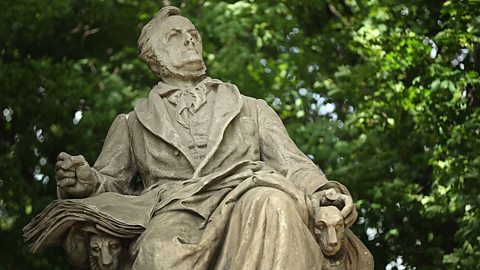
âThe opening of Wagnerâs massive cycle of four operas, Der Ring des Nibelungen, begins by using only the notes of the scale of E flat major for five minutes, even when the music apparently changes key momentarily. At the time, this completely broke musical convention and remains to this day an enormous milestone in classical music history. â
But when classical music and controversy are considered together, the go-to performance so often mentioned remains Stravinksyâs Rite of Spring premiere.
Professor Horne said: âFor all of its roots in folk music, some not acknowledged by the composer, its rhythmic vitality and sheer sonic power and innovation still inspire audiences as well as composers, over a century since it was created.
âDespite the audienceâs outrage at its first performances it is one of the most performed works written since the beginning of the 20th century, and it still has the power to both delight and shock.â
The ±«Óătv Proms 2023 run between 14 July and 9 September. For full details, visit the website.
This article was last updated in July 2023
Myth or Maestro: the true or false classical music quiz
Test your knowledge of classical music myths with this true or false quiz.
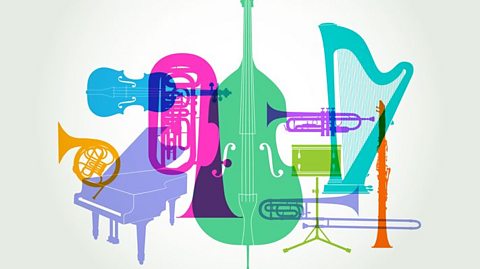
Classical music is everywhere in pop culture if you look hard enough.
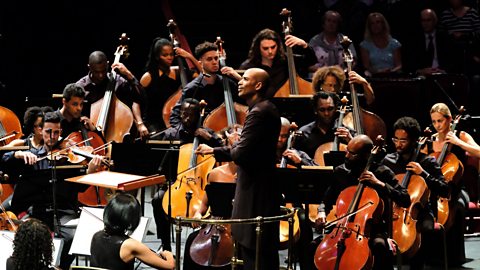
The remarkable first 150 years of the Royal Albert Hall
A venue that's welcomed pop stars, classical musicians and the world's first sci-fi convention
